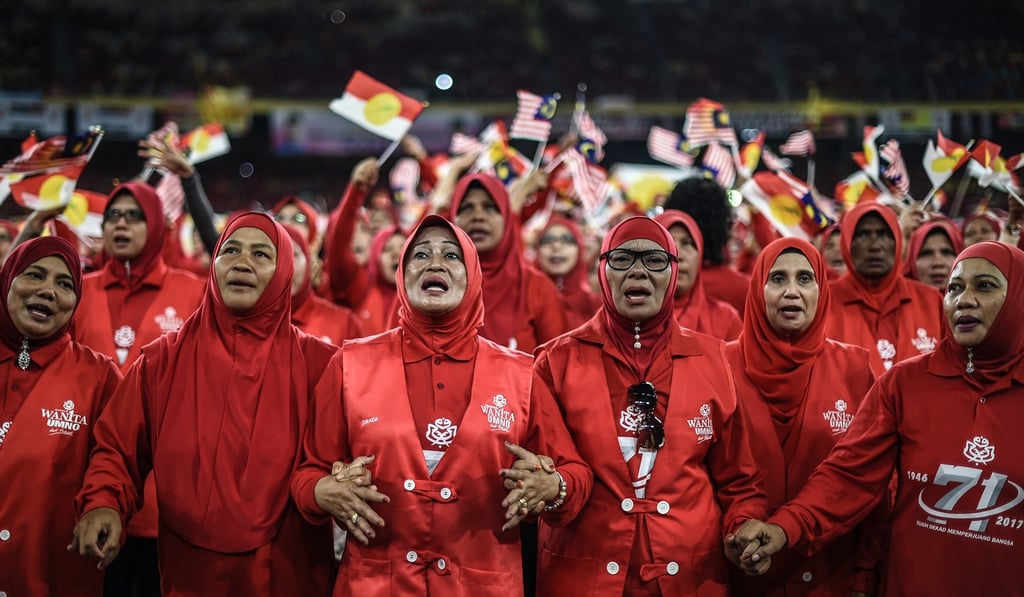Advertisement
Mahathir Mohamad turns 94 and has a new goal to reunite Malays. But what for?
- The elder statesman of Malaysian politics says his aim is to help the ethnic group progress economically
- Analysts spot other motives: hollowing out the opposition and thwarting his leadership rival Anwar Ibrahim
5-MIN READ5-MIN

As Malaysian Prime Minister Mahathir Mohamad turned 94 on Wednesday, well-wishers marvelled at his political staying power, while analysts wondered what new tricks the elder statesman of Asian politics might have up his sleeve.
Mahathir’s return to the apex of power last year – after a famous election victory over one time protégé Najib Razak – was widely seen as the greatest feat of a political career that stretches back to the 1940s.
That achievement came about because Mahathir quit the United Malays National Organisation (Umno) he had helped build during his first stint as prime minister, from 1981 to 2003, and joined the multiracial opposition he had spent so much of his colourful political life knocking down.
Advertisement
Umno, with its policy of admitting only members who are of Malay or indigenous [bumiputra, or sons of the soil] heritage, had for six decades until last year’s election been the country’s single most important political force – even though it was part of the multiparty Barisan Nasional coalition.
Malays and the indigenous peoples of peninsula Malaysia and Borneo make up about 67 per cent of Malaysia’s 33 million citizens.
Advertisement

With Umno out of power, the now ruling Pakatan Harapan coalition includes several parties vying for support from that hefty ethnic vote bank.
Advertisement
Select Voice
Select Speed
1.00x